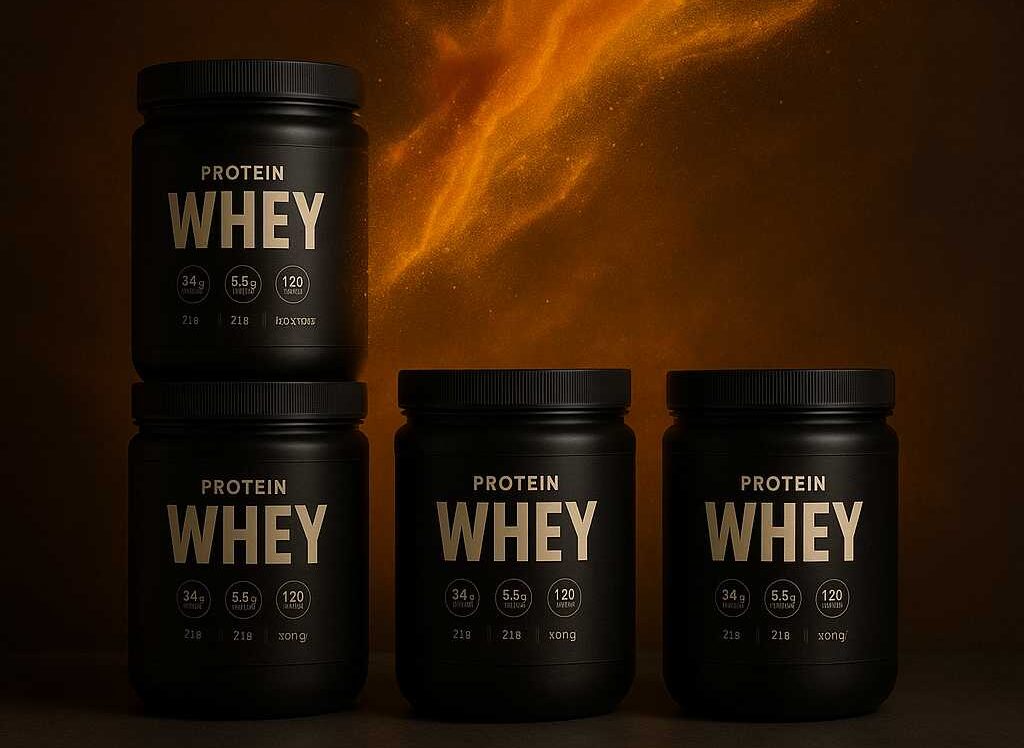Introduction to Whey Protein
Whey protein, derived from milk during the cheesemaking process, has become a staple supplement in the diets of health-conscious individuals around the globe. It is a complete, fast-digesting protein rich in essential amino acids, especially leucine. Due to its effectiveness in building muscle, aiding recovery, and improving metabolic health, whey protein is popular among athletes, bodybuilders, and older adults.
Types of Whey Protein
Each type of whey protein provides unique nutritional advantages:
1. Whey Protein Concentrate: It contains some fat and lactose, is less processed, and is more affordable.
2. Whey Protein Isolate: Has a higher protein content, is nearly lactose-free, and has minimal fat.
3. Whey Protein Hydrolysate: It is pre-digested whey protein, which allows for faster absorption and reduced allergenicity.
The advantages of each form of whey protein depend on your goals and tolerance to lactose.
Benefits of Whey Protein
Muscle Growth and Strength:
Whey protein is highly effective in promoting muscle protein synthesis (MPS), particularly following resistance training. Its high leucine content makes whey protein one of the most powerful proteins for building muscle.
Whey protein is highly effective in promoting muscle protein synthesis (MPS), particularly following resistance training. Its high leucine content makes whey protein one of the most powerful proteins for building muscle.
Faster Recovery:
Whey protein has been shown to restore muscle function and reduce soreness within 24 to 96 hours after intense workouts.
Weight Loss and Lean Mass Preservation:
Whey protein preserves lean muscle mass during calorie-restricted diets and promotes satiety to support fat loss.
Improved metabolic health:
Whey protein may improve blood pressure, vascular function, and blood sugar and cholesterol levels, which is especially beneficial for individuals with type 2 diabetes.
Convenient and Versatile:
Whey protein is easy to consume in shakes, smoothies, or recipes, making it a convenient source of high-quality protein for your daily nutrition needs.
Possible Side Effects of Whey Protein
Digestive Discomfort / lactose intolerance:
Some individuals may experience bloating, gas, or diarrhea after consuming whey protein, especially whey protein concentrate, which contains lactose. Switching to whey protein isolate or hydrolysate may reduce these effects.
Liver and Kidney Concerns (In Excess):
Although whey protein is generally safe for healthy individuals, excessive and prolonged use, especially without exercise, may potentially strain the liver or kidneys, particularly in individuals with pre-existing conditions.
Hormonal or Skin Effects:
Some studies suggest that consuming large quantities of whey protein may be associated with increased acne or mood changes, including aggression. However, further research is necessary to confirm these effects.
Heavy metals in low-quality products:
Detectable levels of heavy metals, such as lead or cadmium, may be present in certain whey protein supplements.
Always opt for whey protein products from reputable brands that undergo third-party quality testing.
It’s important to select whey protein from trusted manufacturers who provide third-party lab verification.
Choose whey protein supplements from reliable brands that have been independently tested for quality.
Who Should Use Whey Protein?
- Athletes and fitness enthusiasts looking to build muscle
- Seniors aiming to maintain muscle mass
- People seeking a high-quality, easy-to-digest protein source
- Individuals recovering from surgery or injury
Whey Protein vs. Other Proteins
Whey protein is different from casein protein and milk protein. Unlike casein, whey protein is quickly digested and is ideal for consumption after a workout. Compared to many plant-based options, it is also a more complete protein source.



